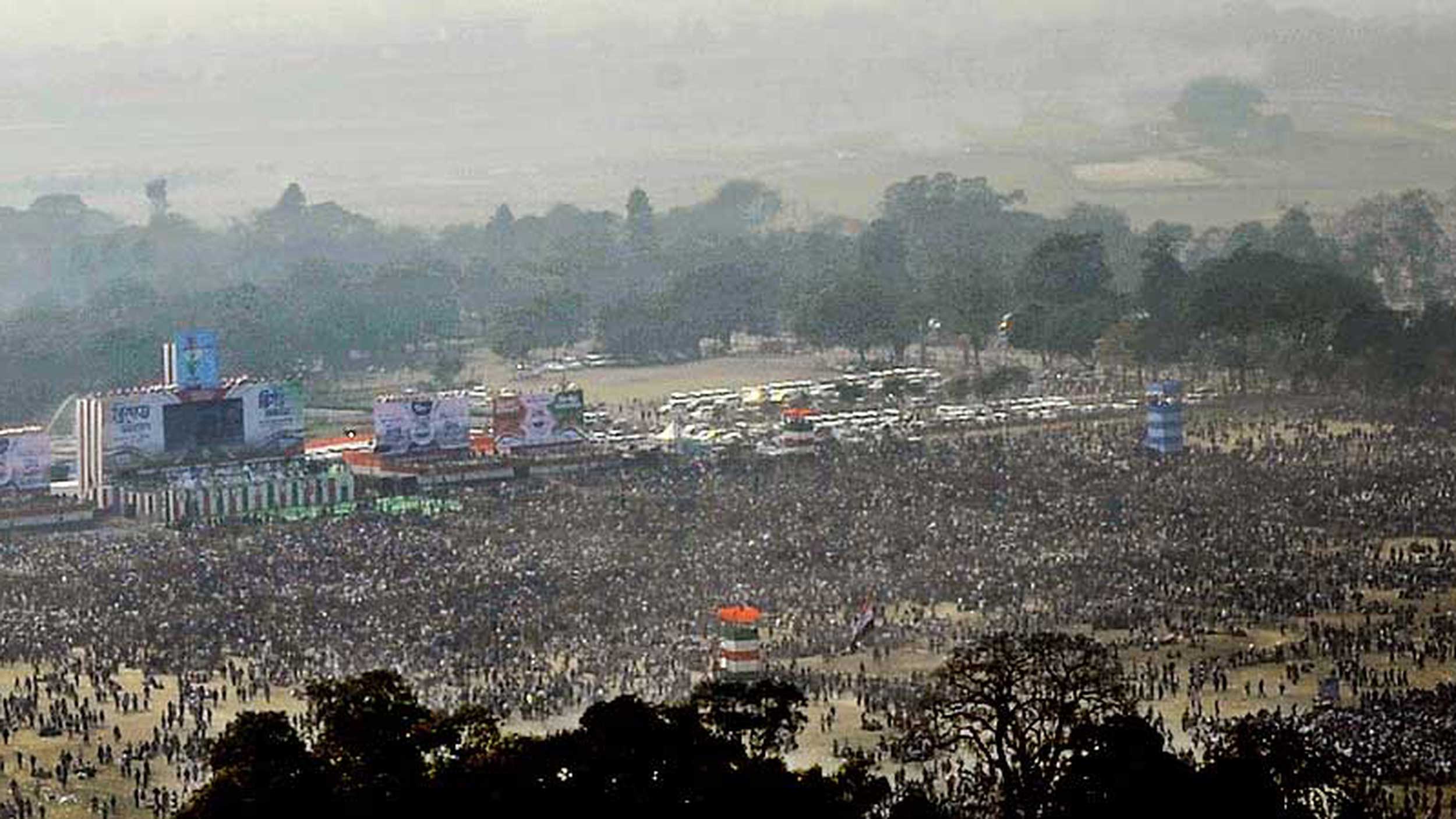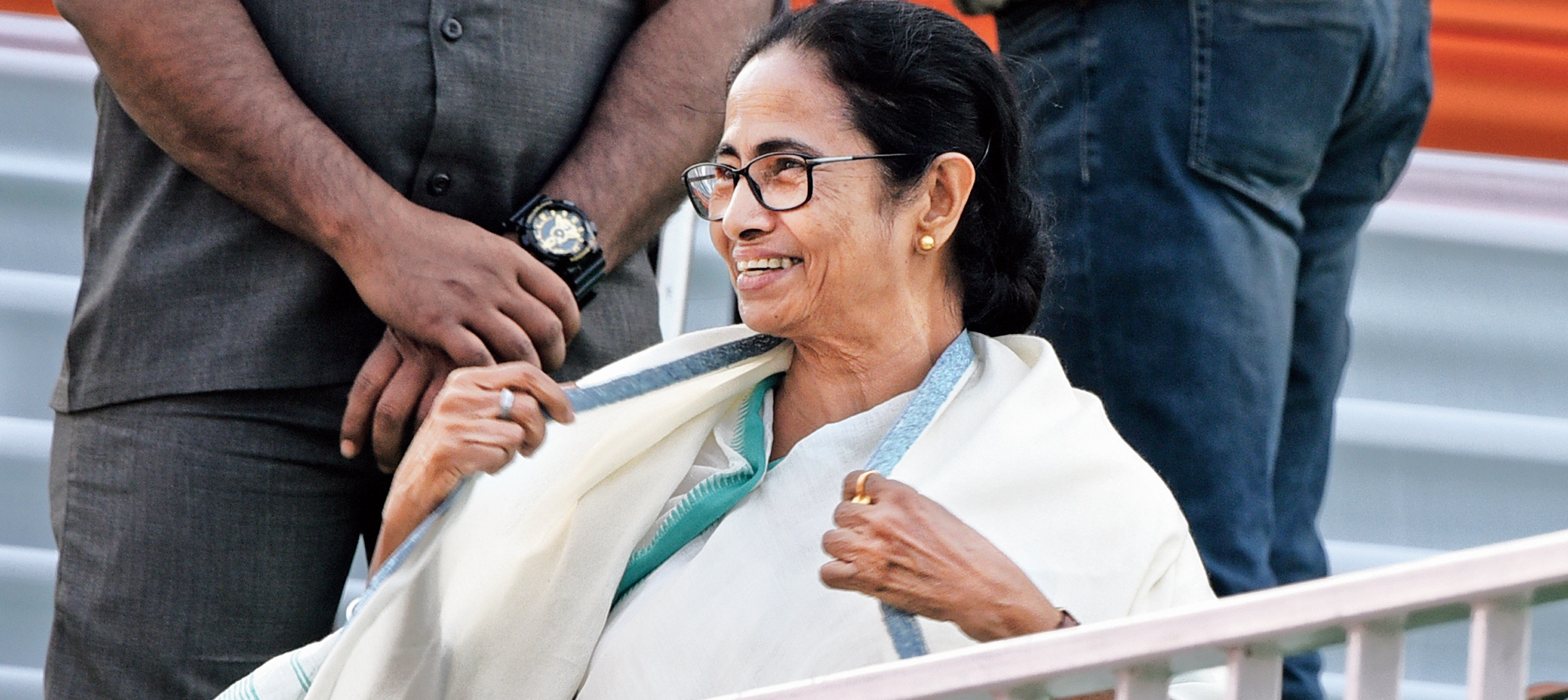India has survived as a polity and an idea because of its ability to forge unity from diversity. This foundational philosophy unfolded in a spectacular manner at a massive rally in Calcutta where leaders of 23 Opposition parties came together to take the battle to the ruling Bharatiya Janata Party before the forthcoming general elections. The credit for uniting this diverse set of leaders must go to the chief minister of West Bengal, Mamata Banerjee, who has played an instrumental role in galvanizing the Opposition to pose a formidable challenge to the BJP at the Centre. Political considerations are fundamental to this emerging force. Bihar, where a mahagathbandhan trounced the BJP before it imploded, and, later, Uttar Pradesh, had shown that when the Opposition joins hands, it usually spells doom for Narendra Modi and his party. This assumption is based on pure arithmetic: in spite of the ‘Modi wave’, the BJP had managed to win a little over 30 per cent of the vote five years ago. But stitching an alliance of disparate minds and motives is an arduous task. India’s experience with such alliances — the third front experiment, for example — has generally been poor. The speakers at the Calcutta rally seemed to be aware of this pitfall: convincing the voters about the durability of the Opposition, they said, would be a primary task. There is, however, a convincing case to analyse the need for such unity by going beyond the utilitarian dimensions of politics. The imminent electoral test — as Sonia Gandhi suggested in her letter that was read out at the gathering — is also a test of the tenets of democracy and secularism, principles that are central to the Constitution and, hence, to India’s existence. ‘New India’ has given Indians reasons to believe that these statutes are no longer safe.
Mr Modi has pooh-poohed the Opposition’s strategy and declared that the BJP has an alliance with the people. The outcomes of a clutch of assembly polls, however, revealed that the bond that Mr Modi alluded to may have frayed quite a bit. The jury is still out on the prospects of the BJP and its opponents in the battle ahead. However, the BJP must reflect on one of Mr Modi’s achievements that is likely to remain unsurpassed for a long time: few other prime ministers in the history of India can claim to have had stimulated the Opposition to this extent. Mr Modi is an important ingredient of the glue that now binds the Opposition.












